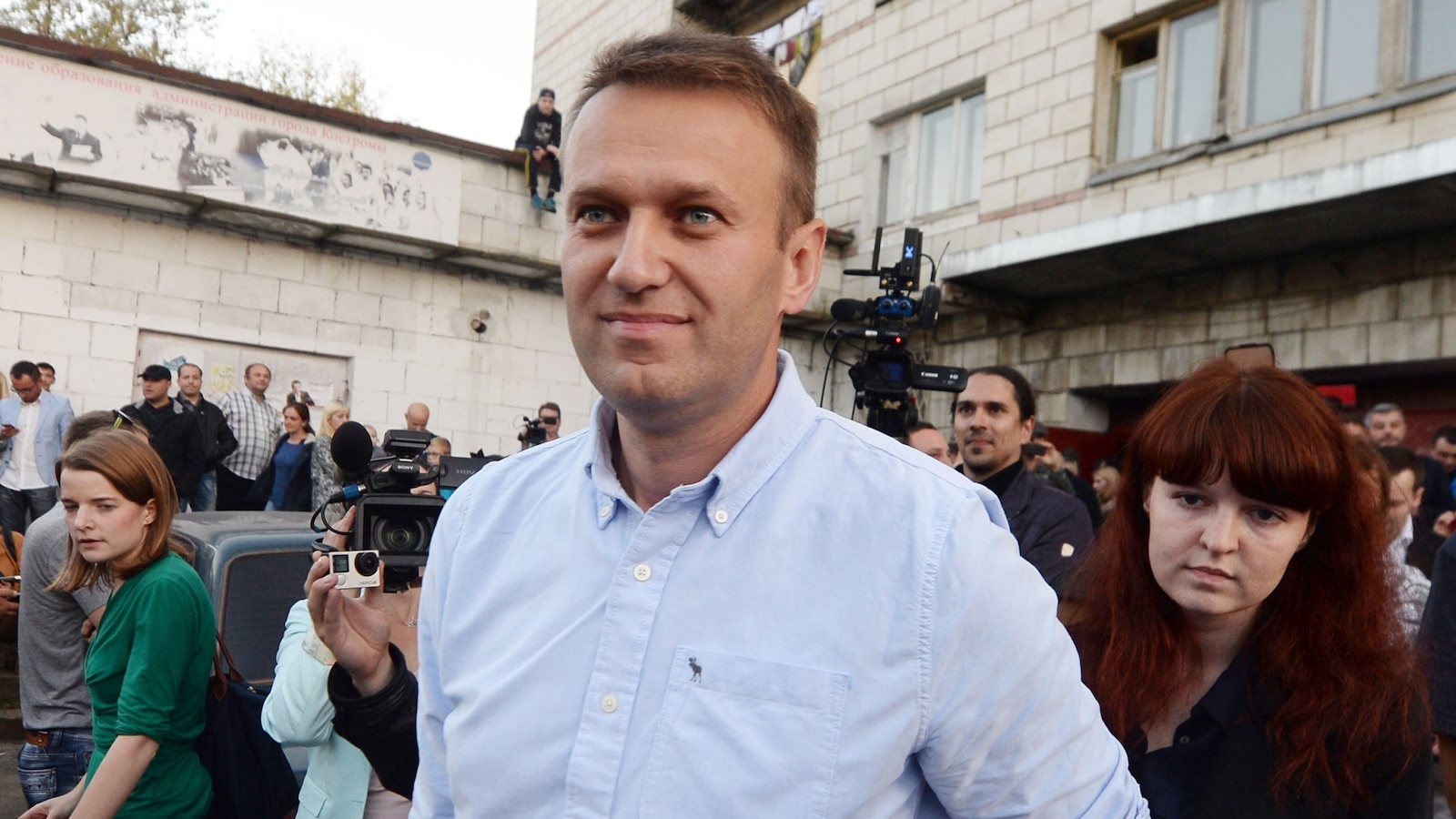From Activism to Opposition Leadership
Alexei Navalny, a central figure in Russian political activism and anti-corruption efforts, became known for his relentless opposition to governmental misconduct and his role in organizing significant protests. His life and political career were abruptly ended when he died at the age of 47 in a high-security Arctic penal institution, as announced by Russia’s Federal Penitentiary Service. Navalny’s death occurred under mysterious circumstances after reportedly falling ill during a routine walk, sparking international concern and controversy just as Russia approached its presidential elections.
Navalny’s Impactful Career and Legal Battles
Navalny’s journey from a legal and economic scholar to becoming the most visible critic of Vladimir Putin reflects his deep commitment to reform and transparency in Russian politics. He founded the Anti-Corruption Foundation, boldly exposing corruption within major state-owned enterprises and became a vocal critic of the ruling United Russia Party. His activism led to widespread protests and his repeated arrests, underscoring the significant risks he faced, including a near-fatal poisoning in 2020 that required extensive medical treatment in Germany.
Additional Insights
Navalny’s return to Russia in 2021 from Germany, where he was recovering, led to his immediate arrest and a series of trials that culminated in a 19-year sentence on charges of extremism. This sentence added to an earlier term he was serving, effectively removing him from the political landscape. His death in custody, mere weeks before another key election, raises poignant questions about the state of political dissent and the treatment of opposition figures in Russia. Navalny’s legacy, marked by his profound influence on Russian civil society and global perceptions of Russian governance, continues to resonate worldwide, as his supporters vow to continue his work against corruption and autocracy.
